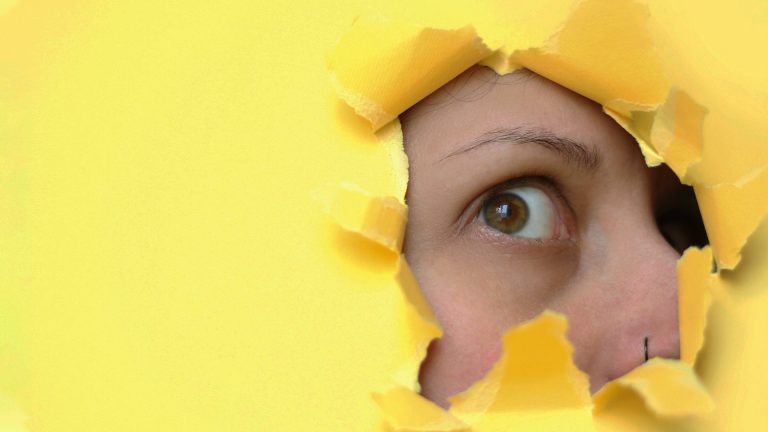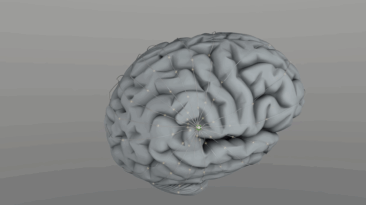So, is our world just an illusion? Why do some physicists believe that physical matter isn’t real? What scientific experiments have changed our view of reality? Could everything we see be just a hallucination?
The great philosopher Rene Descartes came to the profound conclusion that “I think, therefore I am”. He was searching for a universal truth that could not be disputed, and the act of thinking was undeniable proof of his existence.
Yet, our understanding of existence, and reality, are still evolving. In the worlds of quantum physics and neuroscience, there are different theories about what reality is.
So, what is reality?
If we dive deep into the quantum realm, matter is made up of subatomic particles. These particles, including protons, neutrons, and electrons, are in a state of flux until they are observed. In fact, at the quantum level, they may not even look like particles at all. You could think of them as a cloud of probabilities. This concept is known as superposition, meaning a particle exists in several possible positions until they are measured.
The idea of superposition was famously observed in the double-slit experiment by physicist Thomas Young in 1801. When we shine a beam of light through one slit, it produces a predictable line of light. But, when another slit is added, something kinda spooky happens.
Instead of two lines of light, we see several. The photons seem to act like a wave, as if they were rippling through the slits and bouncing off each other in different directions.This interference pattern led scientists to believe that matter could act as both particles and waves. That was a profound idea that changed the world of physics forever.
So, if things only exist when they are observed, would black holes still exist if we hadn’t measured their x-rays? Some physicists, like Max Tegmark, believe that black holes and everything we perceive to be real is simply mathematical information. This idea is known as Information Realism.
In the world of philosophy, this idea of reality being a product of our observation is known as Phenomenalism. It states that anything we experience is simply sensory data in our minds, as if life itself is virtual reality, without the silly glasses.
If scientists were able to send signals to a living brain in a vat, simulating all the senses, could we trick the brain to believe it’s in a human body somewhere and experiencing reality? Maybe we could reprogram our realities at the neural level. Just imagine being able to fly anywhere you want, drive fancy cars, dodge bullets, and live forever. Your pleasure, your achievements, and your level of success would only be limited by your ability to imagine them.
Some cognitive neuroscientists, including Professor Anil Seth, suggest that our brains are hallucinating reality all the time. Have you ever had a dream that felt so real that you jolted awake feeling disoriented? Like that one night I thought I was stuck in a How To Survive episode. Well, our nightmares and our perceptions of reality are both processed in our brains’ visual cortex. This is why it can be hard to tell the difference between them.
Even though we can’t exactly be sure what is real, with rapid advancements in the world of physics and neuroscience, we’re getting closer to understanding the complexities of reality. Maybe we’ll crack the code someday.
Subscribe to What-If on YouTube or follow the show on Facebook Watch.
Sources
- “Quantum experiment in space confirms that reality is what you make it”. Adrian Cho 2017. Science | AAAS.
- “The world is an illusion: 8 mind-blowing theories”. Ashutosh Jain. 2020. Medium.
- “Is Life An ILLUSION? Researchers Prove ‘Reality Doesn’t Exist If You’re Not Looking At It'”.Martin, Sean. 2016. express.co.uk.
- “Physics Is Pointing Inexorably To Mind”. Kastrup, Bernardo. 2019. Scientific American Blog Network.
- “Quantum physics: Our study suggests objective reality doesn’t exist”. 2020. phys.org.
- “Closed Loophole Confirms The Unreality Of The Quantum World | Quanta Magazine”. 2020. Quanta Magazine.
- “The Strange Link Between The Human Mind And Quantum Physics”. Ball, Philip. 2020. bbc.com.


















